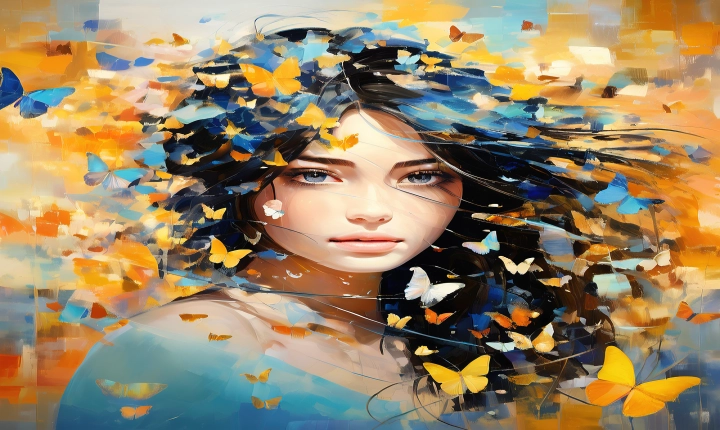Can ChatGPT Produce Music?
As artificial intelligence continues to advance, so does its ability to perform creative tasks traditionally reserved for humans. One such area is music production. With the advent of ChatGPT, an AI language model developed by OpenAI, the question arises: can ChatGPT produce music?
ChatGPT is designed to understand and generate human-like text based on the input it receives. While it excels in generating coherent and contextually relevant responses to prompts, can it apply these skills to the complex task of creating music?
In short, the answer is yes, but with certain limitations. ChatGPT can indeed generate musical compositions based on the input and guidance it receives from the user. Using specific prompts and parameters, ChatGPT can produce melodies, harmonies, and even lyrics. However, the quality and originality of the music generated may vary and may not match the complexity and emotional depth of human-created music.
One of the key challenges in music production by AI models such as ChatGPT is the ability to capture the nuances, emotions, and cultural context that make music a uniquely human creation. Music is not solely a product of technical rules and patterns; it is infused with emotion, history, and the human experience. While AI models can recognize musical patterns and structures, they may struggle to fully grasp and express the depth of human emotion through music.
Additionally, copyright and ethical considerations come into play when using AI to generate music. Who owns the rights to music created by an AI model? Can it be considered original if it is produced with the assistance of an AI? These are questions that need to be addressed as AI continues to advance in creative domains.
Despite these limitations and challenges, the potential for AI, including ChatGPT, to assist in music production is significant. AI can be a valuable tool for musicians and composers, offering inspiration, new ideas, and new perspectives that can enhance the creative process. ChatGPT can generate musical snippets, help with songwriting, and offer suggestions for chord progressions, among other tasks.
In conclusion, while ChatGPT can indeed produce music, its capabilities have limitations compared to human musicians. However, it has the potential to complement and assist human creativity in the realm of music production. As AI technology continues to evolve, it will be fascinating to see how it can contribute to the creation and enjoyment of music in the future.
By collaborating with human creators and respecting copyright and ethical considerations, AI models like ChatGPT may play an increasingly significant role in the music industry, offering new avenues for creativity and expression.
